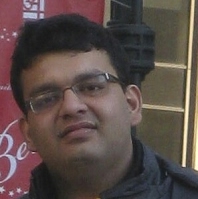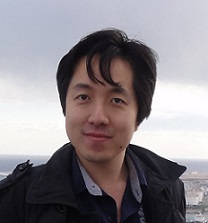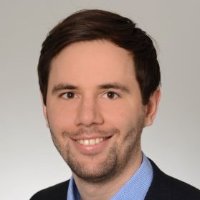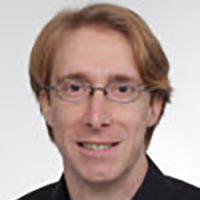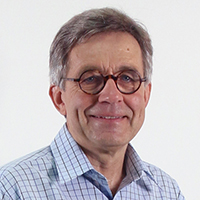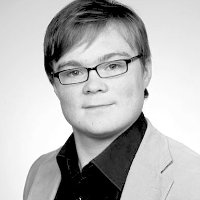Prof. Dr. Divesh Aggarwal is an Assistant Professor in the Department of Computer Science at NUS, and a Principal Investigaror at CQT since August, 2016. Before this, he was a post-doctoral researcher for two years each in the School of Computer and Communication Sciences at EPFL, and the Department of Computer Science at New York University. He completed my PhD under the guidance of Prof. Ueli Maurer at ETH Zurich in February, 2012.
Prof. Aggarwal research interest is focused on discrete structures and their applications in theoretical computer science. In particular, Information-theoretic Cryptography, Randomness Extractors and Applications, Lattices in Computer Science, Coding Theory, and Computational number theory.


